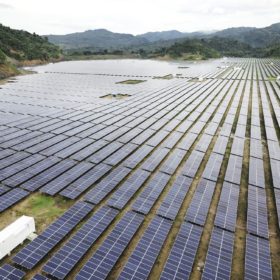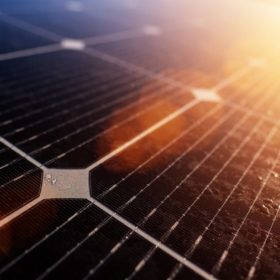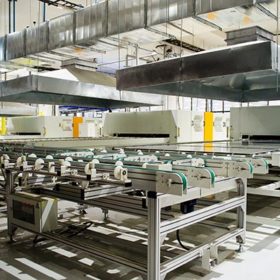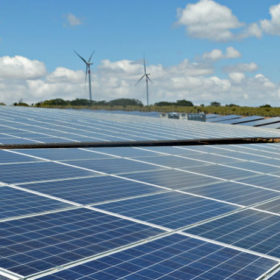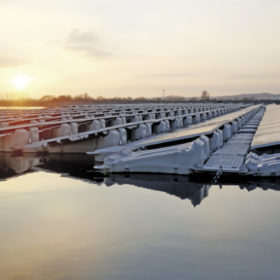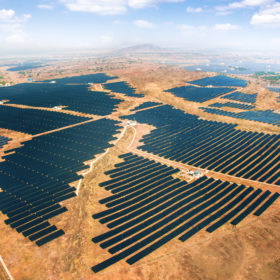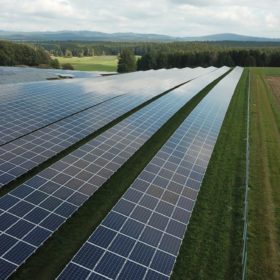Essar Power to set up 100 MW solar plant in Madhya Pradesh
The Bhander town in Datia district will now host a 100 MW solar plant in place of a gas-based plant approved earlier. The plant—set up over 105 hectares area—will be established by Essar Power at an investment of around Rs 700 crore.
Guidelines for using coal-fired power generation to balance intermittent renewables
The Ministry of New and Renewable Energy has specified how procurement of back-up grid capacity will work for electricity distribution companies. The rules consider energy storage solely as part of the 51% clean energy requirement, and instead contemplate coal – with a variable price tariff element – as necessary for evening out supply.
Another bidding extension for 14 MW solar with 42 MWh battery storage in Ladakh
The Solar Energy Corporation of India has extended the bidding for its solar-plus-storage project in Ladakh by one month. The revised deadline is now September 30.
NTPC opens tender to acquire 1 GW of already-built solar projects
PV plants should have a minimum generation capacity of 50 MW (AC) and offer power at a maximum price of Rs5/kWh.
Azure Power secures Letter of Award for 2 GW Greenshoe option
With this, the NYSE-listed developer has been awarded 4 GW in total as part of an auction won in December, which is one of the largest solar projects ever awarded globally.
India installed 7.6 GW of solar in the last fiscal year, and plans another 8 GW by April
Some 5.9 GW of utility scale PV generation capacity was added in 2019-20, plus 1.7 GW of rooftop solar, with domestic module manufacturers enjoying around 40% of the market.
India to have 60% electricity generation from renewables by 2030
To support renewable energy integration, the government aims to make the thermal capacity flexible, almost 55% in the first stage and gradually extend it to the entire capacity.
NHPC, GEDCOL sign MoU to develop 500 MW floating solar in Odisha
The two entities shall form a joint venture to plan and develop an aggregate 500 MW of floating solar capacity in a phased manner, preferably in 50 MW packages, in the state.
SECI opens tender for 1.07 GW grid-connected solar in Rajasthan
Single developers can bid for any quantity from 10 MW up to whole of the tendered capacity (1070 MW). The projects—to be set up on ‘build-own-operate’ basis—can be located anywhere in the State. August 31 is the deadline for bid submission.
Impact of strained India-China relationship on the solar sector
India’s entire solar industry is dependent on Chinese imports to function. Hence, there is a comprehensive need to relook at the current policies and focus on building wafers and ingots capacity that will be used to manufacture the cells and eventually, modules.
